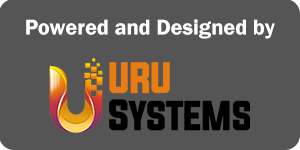Peripheral Arterial Disease
Visit A Vascular Specialist In Nebraska, Iowa & South Dakota
Peripheral arterial disease (PAD) is a condition that affects the blood flow in the arteries that supply blood to your legs, feet, and arms. PAD typically occurs when these arteries become narrow or blocked due to plaque buildup, reducing the amount of blood flow to these areas. This can cause symptoms such as pain, cramping, and fatigue in your legs and feet during physical activity. PAD can also lead to serious complications such as amputation, non-healing wounds, and an increased risk of heart attack and stroke. However, early detection and treatment of PAD can help improve blood flow, reduce symptoms, and prevent the progression of the disease. Screening for PAD can help identify the presence of this condition and guide necessary steps for treatment and management.
Let the vascular specialists at Vascular & Interventional Specialists (VIS) in Nebraska, Iowa, and South Dakota help you! Schedule an appointment with us today and learn more about this vascular disease down below.
If you are experiencing chest pain or tenderness, back pain, persistent hoarseness when speaking, cough or shortness of breath, difficulty breathing, weakness or paralysis on one side of the body, sharp pain in your upper back that radiates downward, or pain in the chest, jaw, neck, or arms, seek urgent medical attention by dialing 911.
What is Peripheral arterial disease?
As we touched on above, peripheral arterial disease (PAD) is the narrowing of blood vessels in the abdomen or legs caused by arterial plaque buildup.
PAD affects as many as 20 million patients in the U.S. each year. Individuals with PAD are at a four or five times higher risk of stroke or heart attack, and severe cases may lead to amputation of affected areas if left untreated.
However, PAD is treatable, especially when caught early. VIS offers minimally invasive, same-day procedures to help relieve symptoms and reduce the risk of further complications. If you are at risk for PAD or are experiencing any symptoms, please schedule a screening to get started.
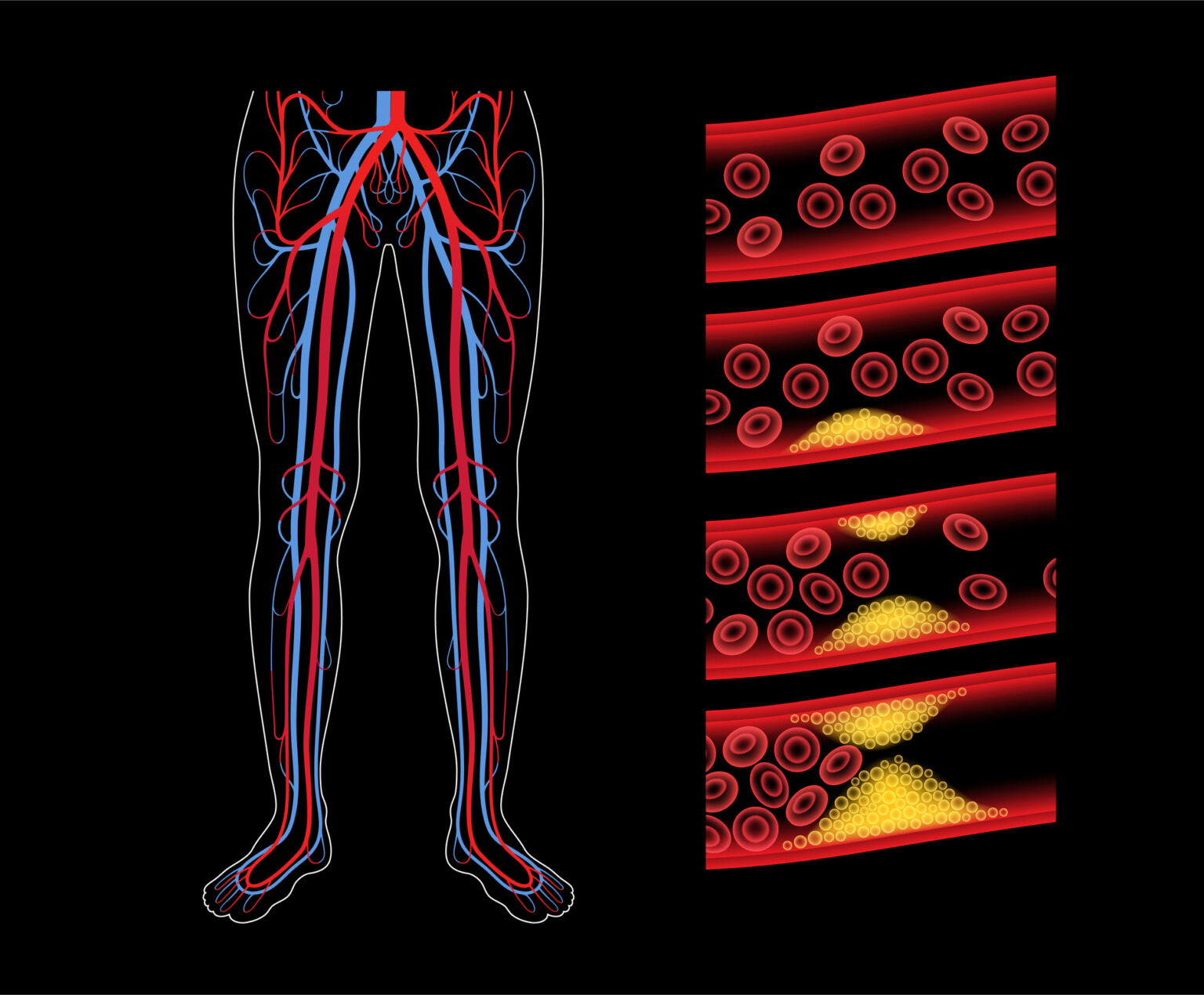
What Causes PAD?
Peripheral arterial disease is caused by arterial plaque buildup.
Arterial plaque buildup is the accumulation of cholesterol, fat, and other substances in the walls of the arteries. Over time, this plaque can harden and narrow the arteries, reducing the flow of blood and oxygen to the body’s tissues. Risk factors for plaque buildup include smoking, high blood pressure, high cholesterol, lack of physical activity, and a diet high in fat and cholesterol. As plaque builds up, it can also rupture and cause blood clots, leading to blockages and further reducing blood flow. Maintaining a healthy lifestyle, including a balanced diet and regular physical activity, can help reduce the risk of plaque buildup and the development of PAD.
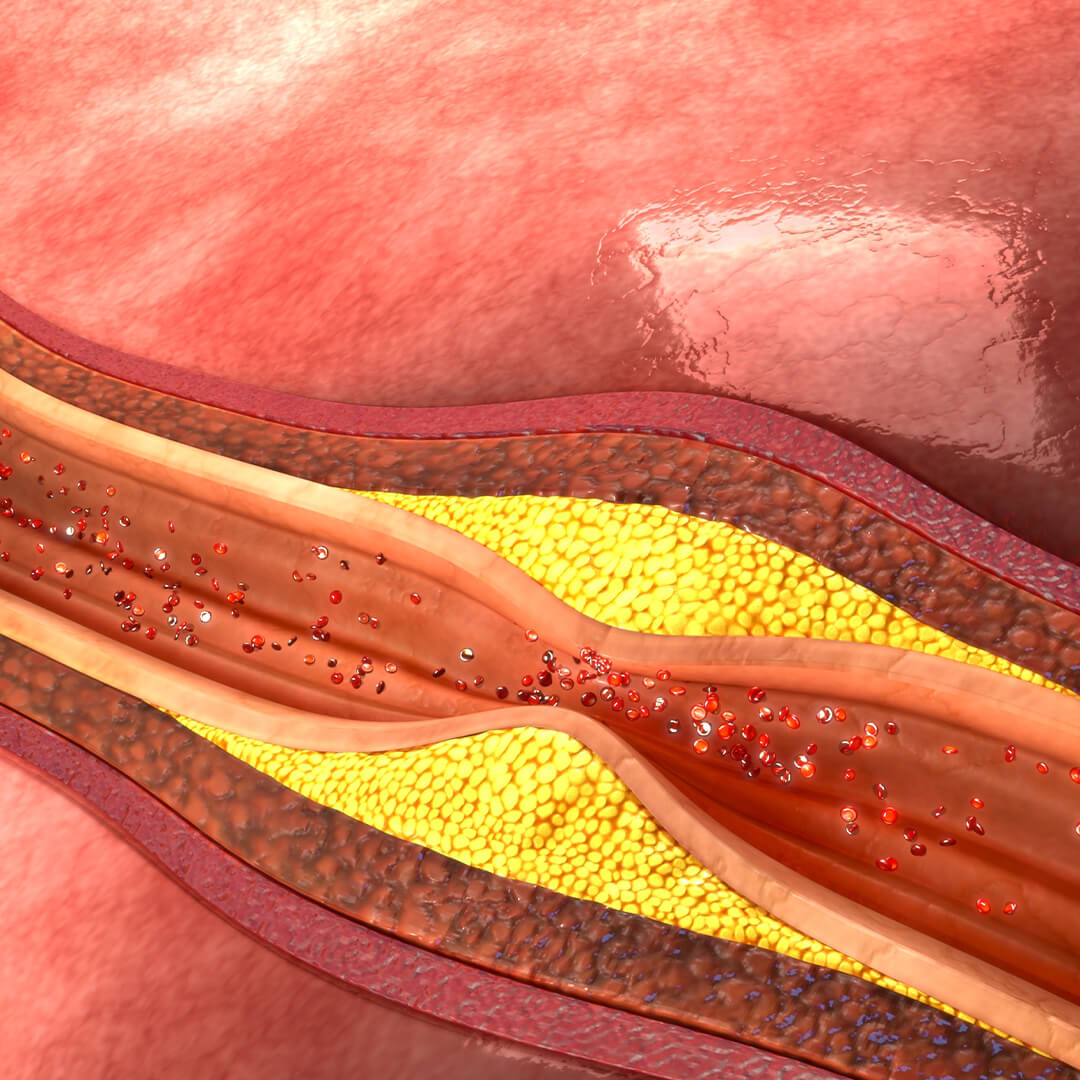
Risks
Risk factors for PAD include coronary artery disease, tobacco use, high cholesterol, high blood pressure, diabetes, obesity, family history, or a sedentary lifestyle. It’s important to be aware of your risk factors and to talk to a vascular specialist about regular screenings and lifestyle changes that can help reduce your risk of PAD and improve your overall cardiovascular health.
Signs & Symptoms
- Pain, cramping, or tiredness in the leg or hips while walking or exercising (typically resolves with rest)
- Foot pain when elevated and at rest, usually at night
- Foot or leg wounds that heal slowly or not at all
- Non-healing or gangrenous ulcers on the foot or ankle, also called critical limb ischemia (CLI)
- Atherosclerosis (partially obstructed or clogged blood vessels) elsewhere in the body
- Coldness in the lower leg or foot, compared to the other side
- Discoloration or shiny skin on the legs
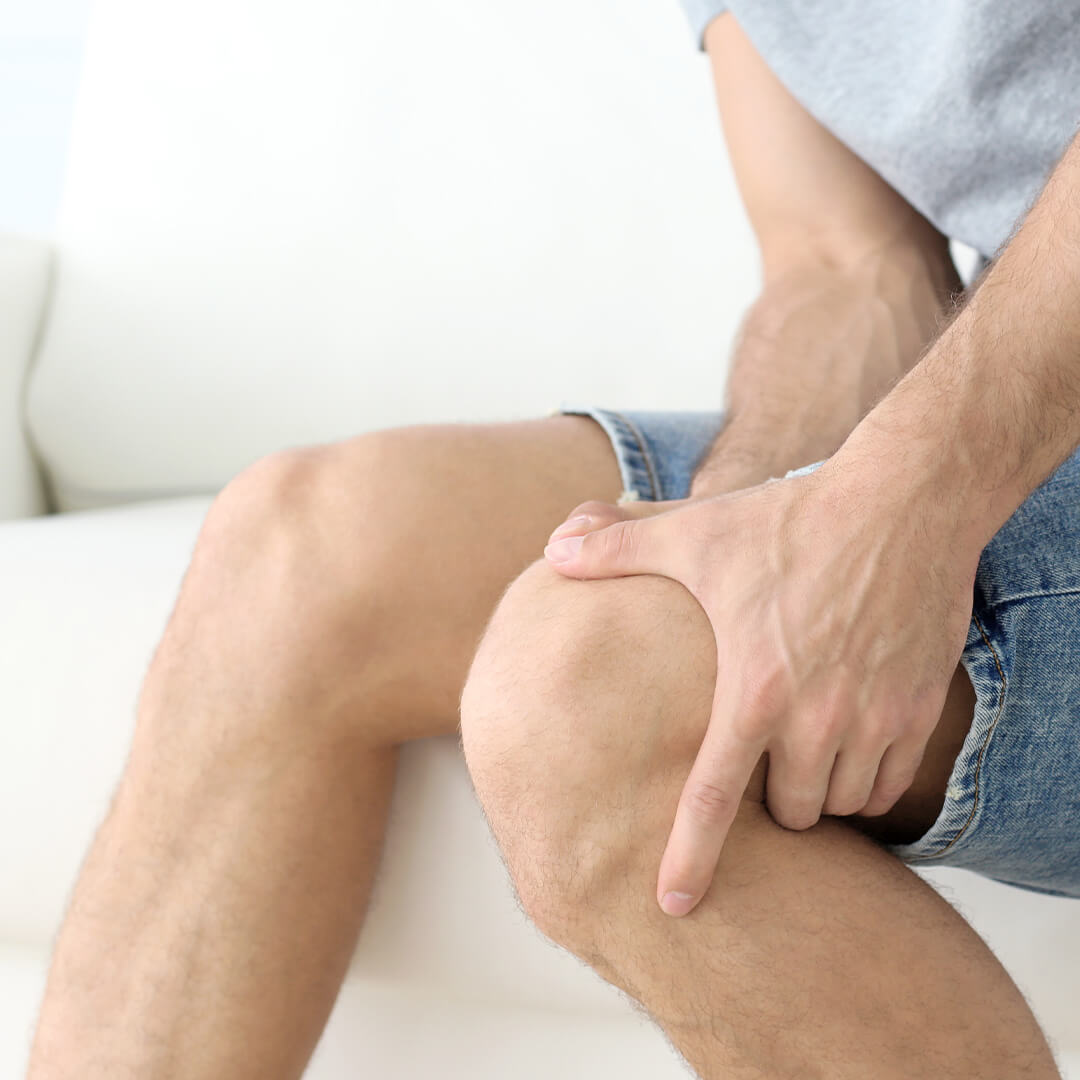
Diagnosis
Early diagnosis and treatment of peripheral vascular disease are very important to avoid severe complications. Let the doctors at Vascular & Interventional Specialists help you determine if what you’re experiencing is in fact peripheral vascular disease and provide advice on how to proceed.
Vascular screening by angiogram can reduce the odds of amputation by as much as 90%. Only half of all amputees achieve mobility, and more than half will have a second amputation within three years. Don’t let this be you! Learn more about your peripheral artery disease treatment options.
Complications
If left untreated, PAD can lead to necrosis or even amputation of the affected area(s). Additionally, PAD can increase the risk of heart attack or stroke significantly.
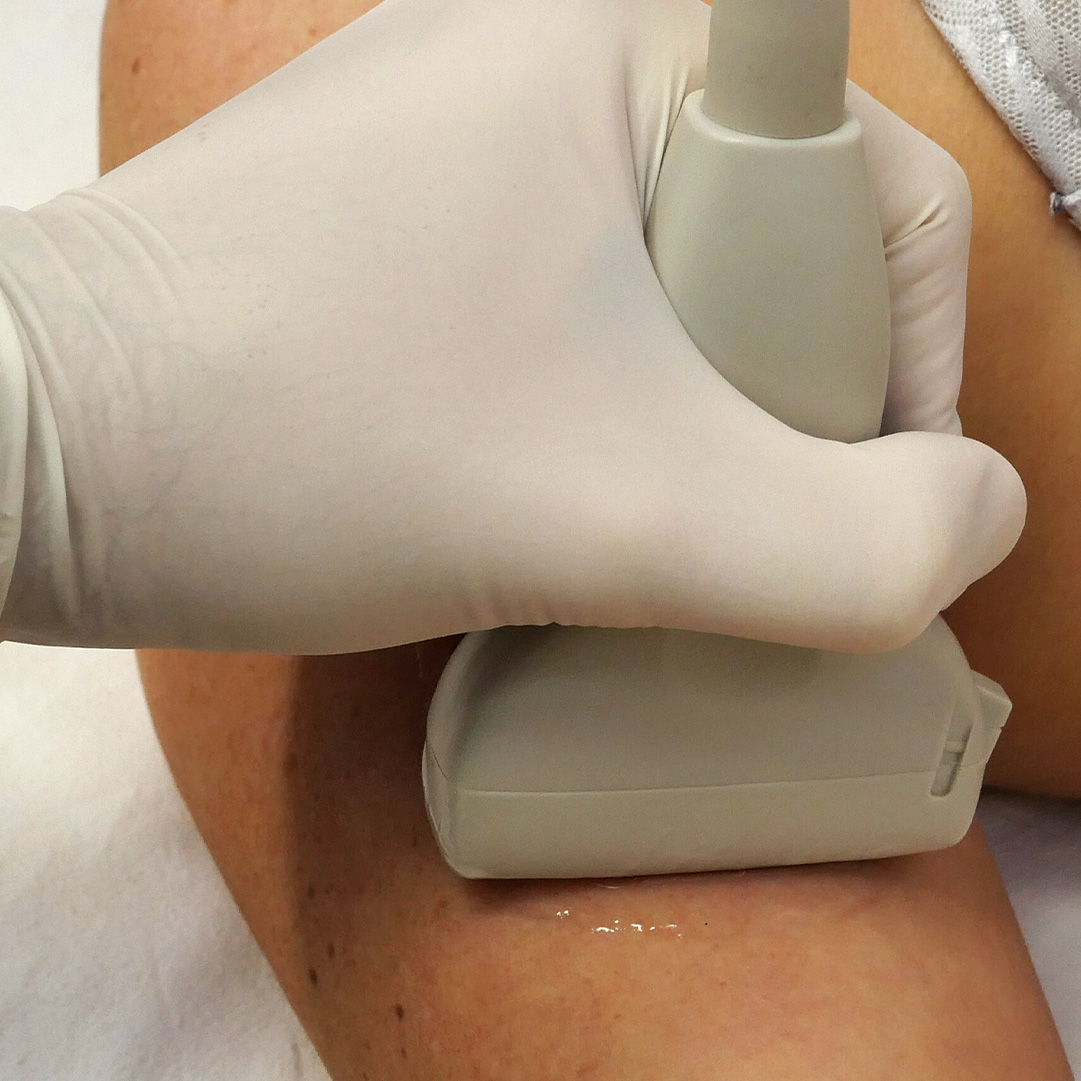
Peripheral Artery Disease Treatment Options
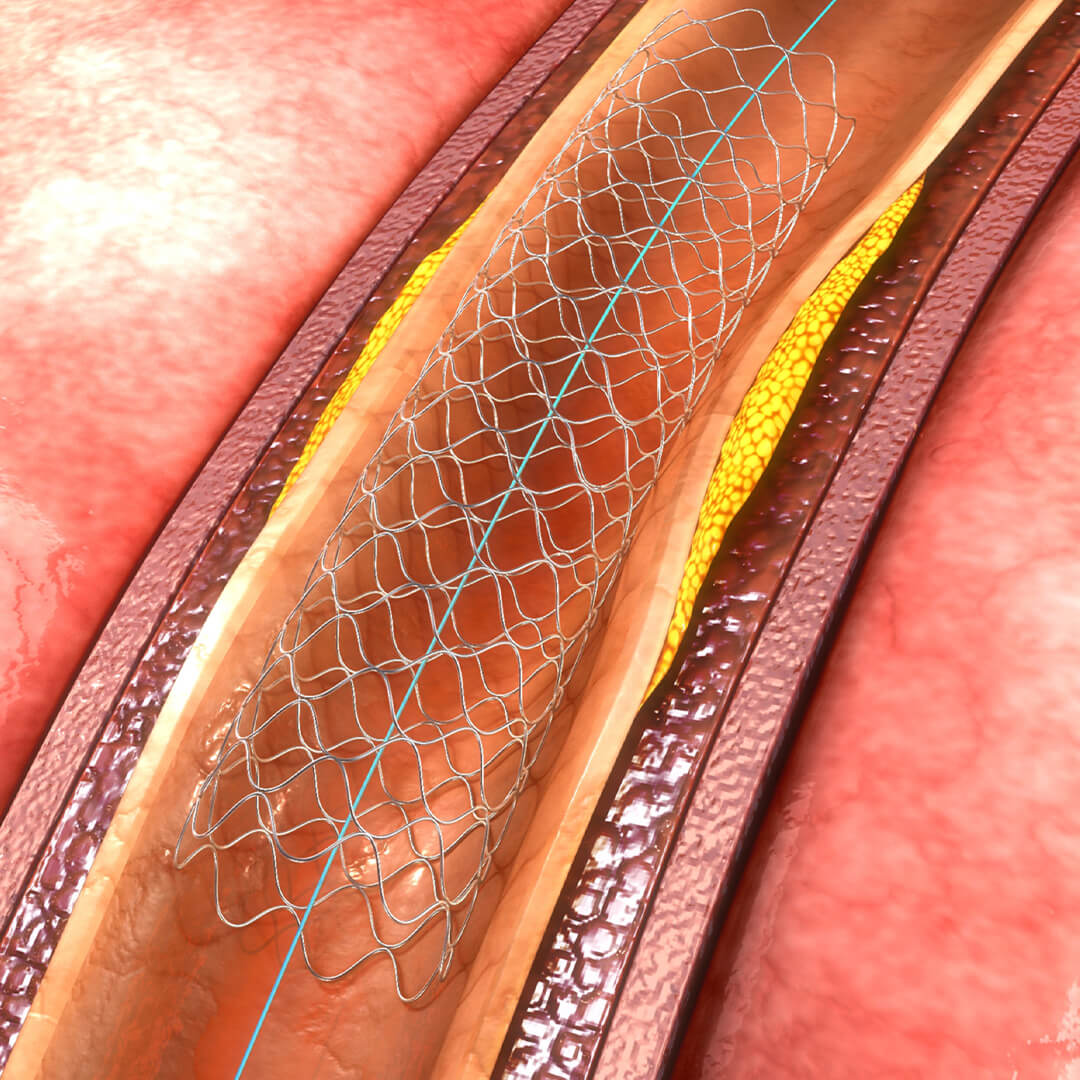
Prevention Tips for Patients
Get plenty of physical activity (30+ minutes, 5+ days a week)
Stop smoking or using tobacco
Maintain good blood pressure and cholesterol levels
Eat a heart-healthy diet, reduce sodium intake, and moderate alcohol use
Eat plenty of fruits and vegetables
Please Call Your Vascular Specialist to Schedule an Appointment
Vascular & Interventional Specialists are here to help. If you are at risk for peripheral arterial disease or have experienced one or more of the signs and symptoms, please reach out to schedule a screening. We’ll walk this journey with you.
Contact us or call 605-217-5617 to schedule an appointment.
If you are experiencing chest pain or tenderness, back pain, persistent hoarseness when speaking, cough or shortness of breath, difficulty breathing, weakness or paralysis on one side of the body, sharp pain in your upper back that radiates downward, or pain in the chest, jaw, neck, or arms, seek urgent medical attention by dialing 911.


